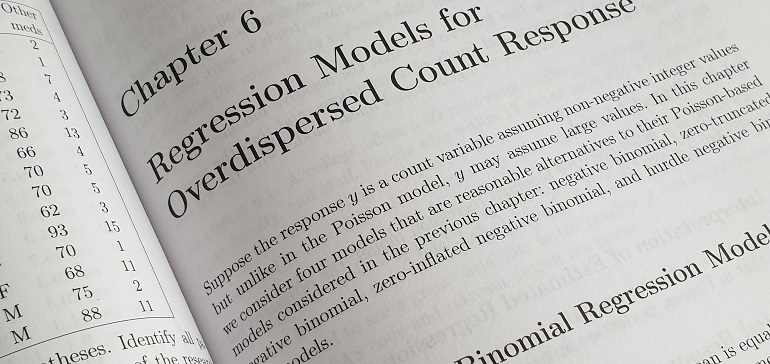
Delta Regression: A Primer
Regression. It's the most trusted, well-known analytical technique in the world. From eighth-graders fiddling with calculators to oft-cited academic papers, regression's use and popularity reaches far and wide. It's easy to use, easy to interpret, and computationally unintensive.
But regression isn't all nuts-and-berries. Many users complain that their
R-squared
values aren't high enough, or that the insights just aren't insightful enough.
Enter
delta regression.
The core idea behind delta regression is that you can't just regress
quantities
on
quantities.
You need to get those quantities'
deltas
matched up with the dependent variable's
deltas
(delta has long been entwined with the concept of change; for a brief history on this, read
this article
to learn more). This technique can unlock and secure sometimes even earth-shattering insight and value for your challenge.
Here's a quick practical example: imagine you're predicting housing prices, and grandpa's linear regression model just isn't working out. So switch it up. Start by calculating
changes
in house prices from the last time the house was listed, and then calculating
changes
in those housing features. If you have this data longitudinally, start subtracting those bad boys: price then vs. price now, local mean income then vs. local mean income now, etc. If you don't have this available? Simple: Work with local contractors and government permitting offices to see what work has been done on a house in a given period of time. Were any additions approved? That's +1 in the additions column. Any denied? You might have some work done under the table that could lead to an underestimated tax assessment. Zip on over there during lunch to do a little walkaround (disguises are handy for this kind of thing). If so, that's a +1 in the potential unpermitted additions column, and a -5 on your respect-for-rule-of-law feature.
So next time you're stuck with an old fogey linear regression that doesn't have what it takes, get that calculator out and prepare to join the delta force. It's 2020. Your regressions can't be regressive forever.